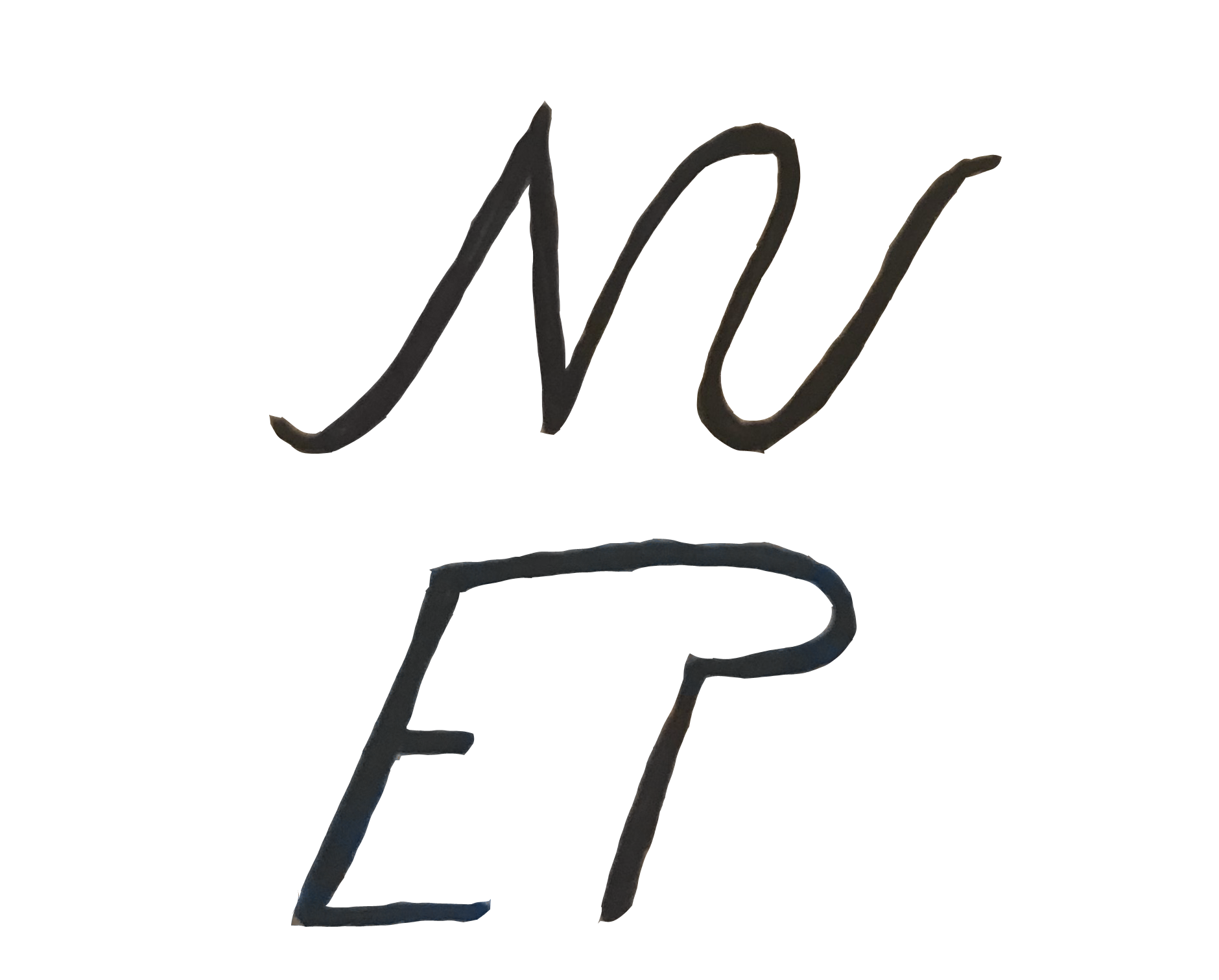Plastic pollution in paradise
Bali has become a classic example of what a paradise damaged by plastic pollution looks like, and is a reminder of why action is vital, in every part of the world. We’re talking 200 000 tonnes of plastic waste washing into the ocean every year in indonesia alone.
Stray dogs scouting for food at the beach.
A single plastic shoe by the seaside. One of many.
In the summer of 2018 I spent a month on the island of frangipani trees, mangosteen, lush greenery and perfect surf; Bali. While I witnessed a lot of beauty, from tall volcanoes to Balinese long-tailed monkeys, I was also presented with a reality that can’t be described as anything other than horrifying. The plastic pollution was unavoidable. Single use plastics, such as plastic bags and food packaging were filling the rivers, and at the beach you had to be careful not to step on a plastic cup or other disposables. It was heartbreaking to witness such an extreme example of what we are doing to our nature and planet, especially as in most western countries we have become accustomed to hiding our waste. Our forests might not be full of litter, but we hide it away from sight, in big landfills. For instance, when you throw away a plastic straw in Washington, it might make the trip all the way to a huge landfill in Oregon. Most of us like to ignore the problems we can’t physically see for ourselves - but that are really right in front of us. If visiting Bali taught me one lesson, it would be the importance of taking action, instead of looking the other way.
Shot only a few meters away from the commercial hotel areas, showing the real side of Bali. To keep up tourism, popular travel destinations will be cleared every morning.
Winnie the Pooh diapers wrapped in a plastic bag.
According to a study that was published in the journal Nature Communications, Indonesia is one of the world's biggest contributors of plastic pollution into the ocean, with an estimate of 200 000 tonnes of plastic waste every year. For a long time, plastic was looked upon as a miracle material that contributed to the modern life we know today. But now we are starting to understand the consequences. While it might be a convenient material that is inexpensive to produce, it is a severe problem that as much as 40% of the plastic produced worldwide, will only will be used once, and then spend more than a human lifetime decomposing. Single-use plastics are very common in Bali and many farmers are not used to this type of synthetic material. They will leave plastics in their fields where they grow rice and other foods, expecting it to turn into soil, like the materials they are familiar with.
Various of single-use plastics being carried to the ocean by a river.
Lack of awareness has also lead to a failing infrastructure, where waste is not separated and where it hardly exist any form of garbage transportation. Therefore, it is common to use the the rivers as garbage bins. Living in Norway, I have grown up thinking of the rivers as the cleanest water source there is, so it had a great impact on me when I saw what the rivers carried with them to the ocean. Not only does the waste cause flooding in low-lying areas by clogging drainage systems, but it is also extremely harmful to marine life. It will either be mistaken for food or kill directly though entanglement.
With all this being said, it is important to remember that Indonesia is heavily affected by poverty and earthquakes, making it difficult to build a well-functioning infrastructure and tackle problems related to the environment. If you would like to support one of the few private businesses attempting organized recycling, you can try Eco Bali. I also belive that an essential lesson to be learned from this, is the importance of using our resources when we have them to create change and set an example. We are responsible for picking up the fight against pollution and leading the way in the battle against climate change.
Please don’t look the other way. Let’s reconnect with the natural world.





